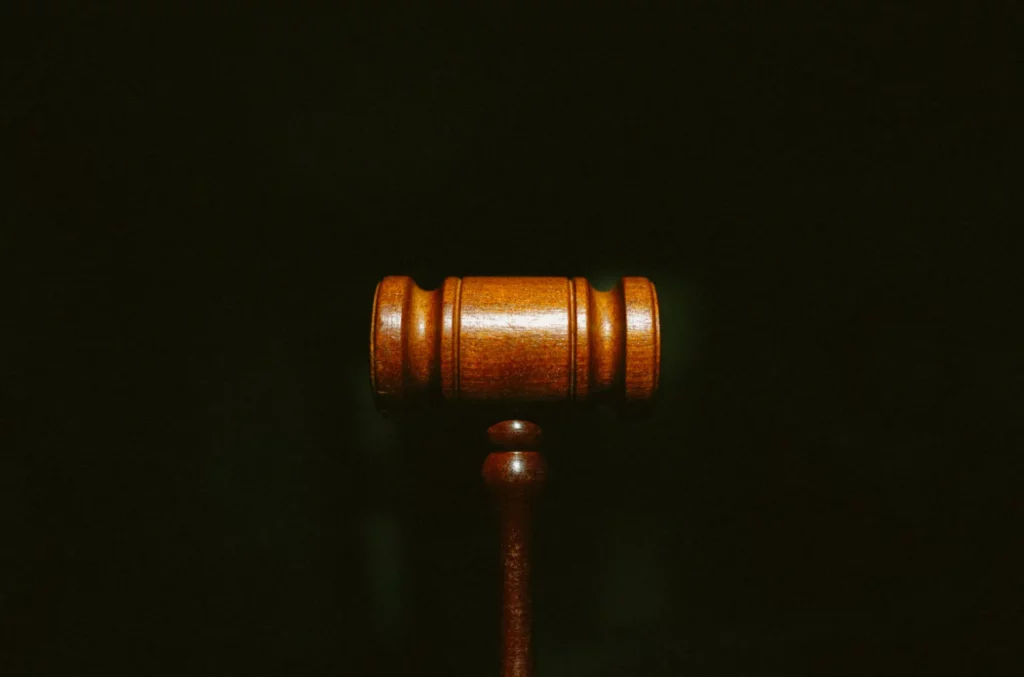UBO register
The UBO register of the Dutch Chamber of Commerce contained public information about all ultimate beneficial owners (UBOs) of all companies and other legal entities (including foundations and associations) incorporated in the Netherlands, with all the privacy and security risks that this entails. In 2021, Privacy First therefore challenged the Dutch government about the UBO register in court.

In early 2021, Privacy First and Boekx Advocaten filed a lawsuit against the State over the new UBO register. Under the legislation on which the UBO register is based, all 1.5 million legal entities registered in the Trade Register had to disclose all kinds of privacy-sensitive information about their UBOs ('ultimate stakeholders'). This concerned millions of directors, shareholders and senior executives of all Dutch companies, foundations, associations, churches, etc. Privacy Firstte considered this a massive privacy violation with major personal security risks. Privacy First therefore requested the court to declare the UBO register unlawful. After all, much of the information in the UBO register would be publicly accessible. Privacy First considered this completely disproportionate and in violation of European privacy law. The District Court of The Hague subsequently ruled that the legality of the European money laundering directives on which the UBO register was based could indeed be doubted. Moreover, on appeal, the Court of Appeal of The Hague emphasised that a UBO who fears for his safety could shield this personal data from the general public. In a similar Luxembourg case supported by Privacy First, the EU Court subsequently ruled that the public accessibility of all UBO registers in the European Union violated European privacy law. Since then, the Dutch UBO register has not been publicly accessible. Privacy First continues to monitor developments critically.
